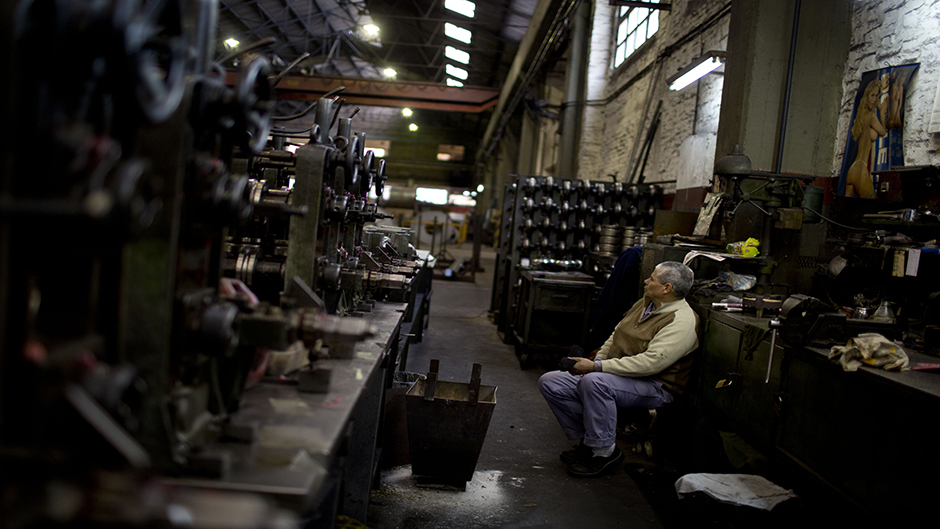The threat of U.S. trade tariffs for steel and aluminum against Brazil and Argentina, announced by President Donald J. Trump Monday, comes at an increasingly vulnerable time for two of Latin America’s largest economies.
“This new volatile policy in a region that is already very volatile is not a good sign for the future economies of Latin America,” said Alex Horenstein, an assistant professor of economics at the University of Miami Herbert Business School.
In a tweet early Monday prior to embarking for a NATO conference in Europe, Trump noted: “Brazil and Argentina have been presiding over a massive devaluation of their currencies, which is not good for our farmers. Therefore, effective immediately, I will restore the Tariffs on all Steel & Aluminum that is shipped into the U.S. from those countries…”
Horenstein said the tariffs are not “a severe hit by itself, but any measure that generates further uncertainly in the region that’s already unstable is certainly not going to help.” Because the economies of both countries have contracted or stalled in past years, he added, any impact to the imposed tariffs “can be magnified.”
Horenstein, a specialist in asset pricing and econometrics, also questioned whether the two countries were purposefully devaluing their currencies to the detriment of the United States.
“If anything, the evidence is exactly the opposite and not supported by the facts,” he said, explaining that Argentina has restricted the buying of dollars and Brazil’s central bank has intervened to sell dollars in an effort to weaken the strong dollar. “When you want to manipulate the currency you buy dollars, you don’t sell,” he emphasized.
Both countries were exempted from the sweeping metal tariffs imposed in 2018 as part of the president’s tough regional foreign trade policy. At the time, the United States cited that it was continuing negotiations with both countries to seek a trade deal.
Last week the Brazilian currency, the real, fell to a record low against the dollar and Argentina’s peso has weakened with the country in the midst of an economic crisis, according to The New York Times. Brazil and Argentina are the first and third largest economies in Latin America in terms of their gross domestic product.
“Economically China has been more and more involved with the region, and the U.S. is not seen as being particularly friendly, and by this latest measure the U.S. will be seen as even less caring about its bilateral relationships,” Horenstein said.
There’s very little, Horenstein said, that either country can do to retaliate. The tariffs, he added, “is not going to be well received, and the policy is not going to help the long-term relations.”
The surprise announcement of new tariffs comes amidst the latest escalation in the biggest global trade conflict in decades. Trump has also threatened new tariffs on products from China, Mexico, the European Union, Vietnam, and elsewhere.

